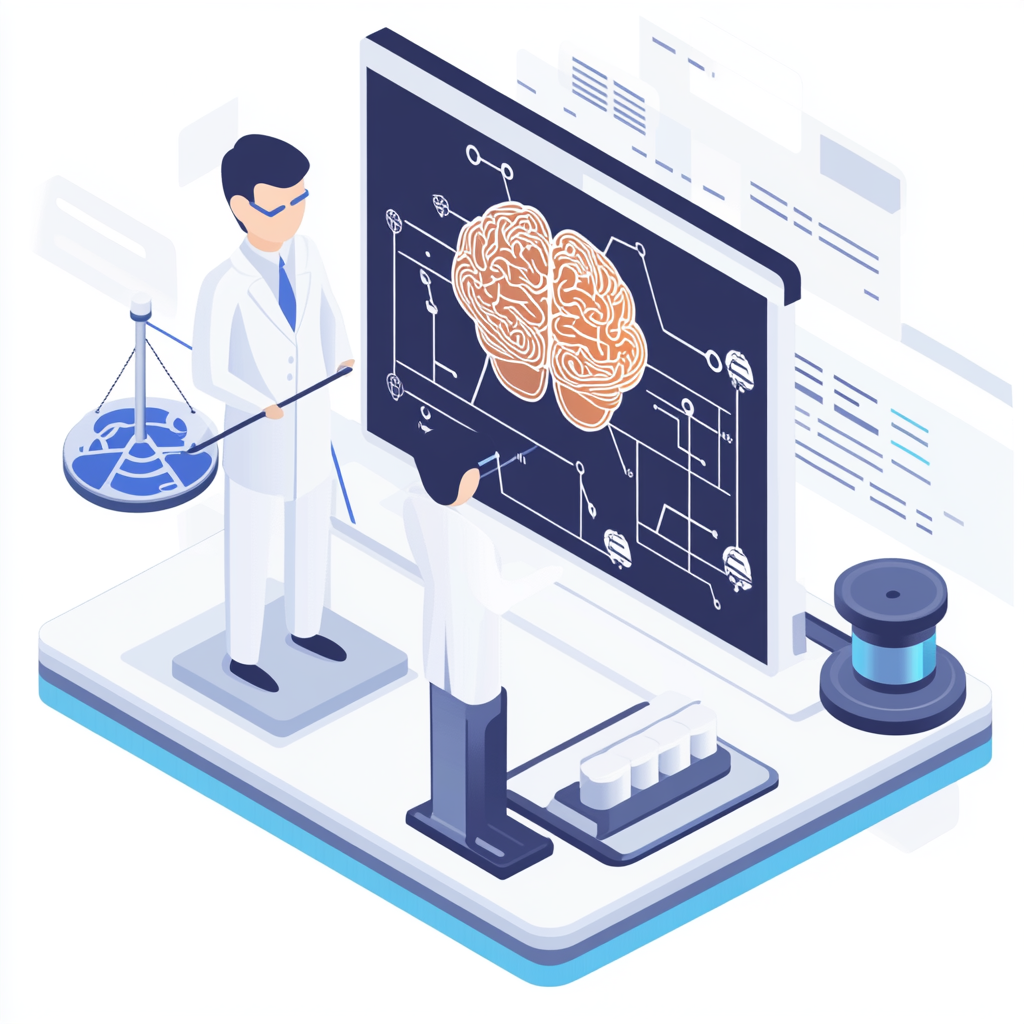
Integrating Ethical AI Solutions in Indian Neurology
Absolutely! Let’s dive into the fascinating realm of artificial intelligence and its burgeoning role in neurology, particularly from an Indian perspective, shall we? Fasten your seatbelts and prepare for a thrilling ride through the intertwining domains of tech and medicine.
First off, artificial intelligence (AI) isn’t just some futuristic buzzword bandied about by tech aficionados and sci-fi enthusiasts; it’s touching down in the practical world of healthcare, particularly in neurology, and it’s about to reshape how we diagnose and treat brain-related issues. Imagine walking into a hospital in India, where algorithms are working behind the scenes, processing data faster than a human can blink, to pinpoint if you have a neurological ailment like epilepsy, Alzheimer’s, or even the intricate quagmire of Parkinson’s disease. Sounds almost magical, doesn’t it? Well, it’s happening, and it’s revolutionizing patient care in ways we’re only beginning to comprehend.
However, it’s not all rainbows and butterflies; the marriage of AI and neurology comes with its own set of wedding blues—namely, ethical, legal, and regulatory hurdles. India’s rich tapestry of cultural diversity throws challenges like algorithmic bias into the mix, compelling a higher degree of scrutiny because the implications can affect millions. We've got to ask ourselves: who decides if an AI tool is making fair recommendations? Are these algorithms putting certain groups at a disadvantage based on race, gender, or socioeconomic status? Yuan, let’s chew on that for a moment.
The Indian Council of Medical Research (ICMR) hasn’t been sitting idle. They’re drafting guidelines like an elite team of architects building the skeleton of a temple, ensuring that ethical oversight is an integral part of the AI design process. The guiding principle here is clear: we must allow human expertise to step in whenever AI makes an unsettling call—think of it as having a seasoned sherpa guide you through the perilous mountains of medical diagnoses. The “Human in the Loop” (HITL) model isn’t just jargon; it's a palpable lifeline that keeps the human element intact in decision-making processes.
Now, let’s look at data privacy—possibly the hottest potato in today’s digital landscape. The introduction of the Digital Personal Data Protection Act in India is akin to drawing a line in the sands of the digital desert, saying, “Hands off our data!” This legislation plays a crucial role because without safeguarding our personal information, who would trust these shiny but oh-so-mysterious AI tools? The trust factor is like the car keys to your new car; without it, you may keep staring from the sidewalk instead of enjoying that drive.
Here’s another nugget worth pondering: as we embark on this brave new world of AI-driven healthcare, neuroethics—the hotshot field incorporating cerebral considerations into neuroscience technologies—has become more crucial than ever. It’s about ensuring that as we push the envelope of technology, we aren’t stepping into murky waters that could drown not only ethical considerations but also individual rights. We’ve gotta make sure the newest tools we’re building align with our moral compass and legal structures. After all, tail tucking and turning a blind eye to ethical breaches isn't a sustainable strategy in the long run.
As we look ahead, there’s a genuine need for blending the pot of neuroscience and AI together, creating something that’s not only innovative but also responsible. Sure, AI shows tremendous perseverance in diagnosing disorders whispering warnings to practitioners everywhere. Still, the call for robust, comprehensive studies is louder than a thousand roosters ringing in the dawn. We need to keep our antennas up for more research to glean every bit of potential from this marriage, ensuring we don’t leave ethical and social implications on the back burner.
In wrapping up this exploration, my friends, there’s no denying the exciting promise AI brings to the realm of neurology in India. But as we sit on the brink of such grand advancements, we cannot afford to ignore the critical ethical considerations or regulatory challenges that await us. Ignoring them could turn this great adventure into a cautionary tale we’d prefer not to narrate to future generations.
So, do yourself a favor: stay informed, stay curious, and keep the dialogue alive on these topics that matter tremendously for the future of healthcare. And if you want to remain at the forefront of the latest developments in the intersection of AI and neurology—where the ethical stakes are high and the potential for innovation is endlessly fascinating—go ahead and hit that subscribe button on our Telegram channel for all the good stuff: @ethicadvizor. Trust me, you won’t want to miss it!

